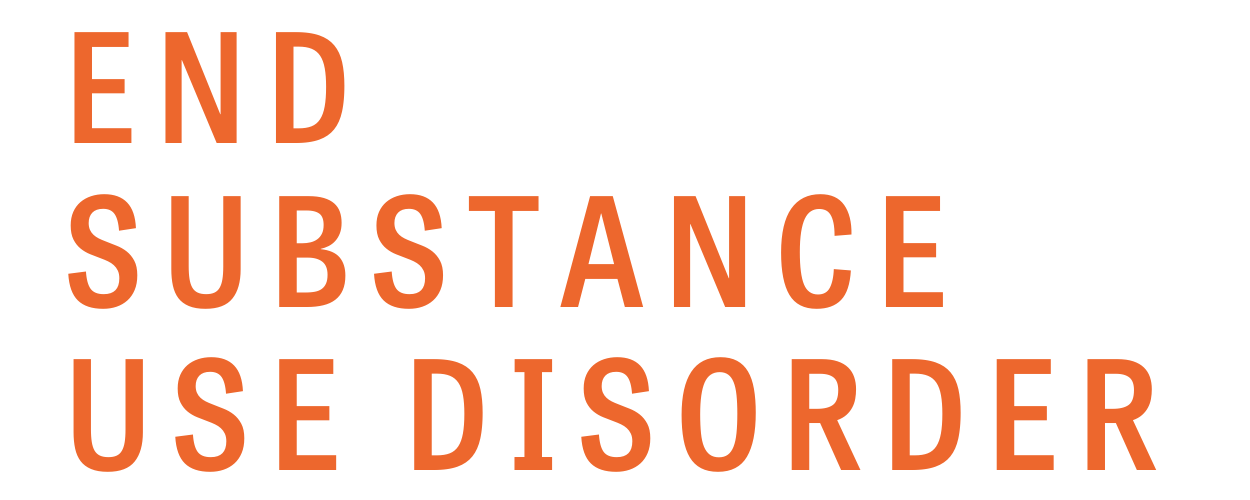End Substance Use Disorder Commemorates Overdose Awareness Day
Today is Overdose Awareness Day. This day gives us an opportunity to remember those we’ve lost. And, it allows us to raise awareness about how to keep ourselves and our loved ones safe from overdoses.
If you’ve experienced an overdose, we understand how frightening that experience was. We’re glad you’re okay and we’re working hard to get you the information and tools needed to stay safe.
If you’ve lost a loved one to an overdose, we understand that the pain of their passing never goes away. Our thoughts are with you and your family today.
And, if you or a loved one is at risk of an overdose, we understand the constant worry.
We’ve all been affected by overdoses. You’re not alone and we are here with you.
Every 5 minutes, a loved one dies from an overdose in the United States. Overdoses are currently the leading cause of death of young Americans under the age of 50. And more of our loved ones die from overdoses than from car crashes and gun violence.
Stigma keeps us from speaking out about drug use and overdoses. But silence only deepens the suffering. By speaking out about the need to end overdoses and taking action to prevent them, we can keep our families and communities safe.
Please join us today to take action to prevent overdoses. With these four simple steps, we can save lives and support healing:
Carry naloxone - Naloxone (also known as Narcan) is a nasal spray that reverses overdoses caused by fentanyl, heroin, and other opioids. It’s safe and simple to use. Click here to find where you can get naloxone.
Use fentanyl test strips - Fentanyl and synthetic opioids are involved in more than two-thirds of all overdose deaths. Many loved ones are dying without ever knowing fentanyl is in a drug they are taking. The CDC and SAMHSA recommend that everyone at risk use fentanyl test strips. Click here to learn how to obtain fentanyl test strips.
Never use alone - Overdose deaths happen when people use alone and when those nearby don’t have access to naloxone or don’t call 911. If you use drugs, ensure that someone is with you or that you’re on the phone with someone who can call 911 if needed. You can also advocate for overdose prevention centers in your community.
Access treatment that works - Recovery is possible. Find treatment by calling the National Helpline at 1-800-662-HELP. For opioid use, access recovery medications like buprenorphine and methadone that cut the risk of overdose death in half. For alcohol, consider naltrexone, a medication that stems cravings. For all types of substance use, get counseling and incorporate contingency management.
By speaking out about the need to end overdoses and taking action to prevent them, we can keep our families and communities safe.
